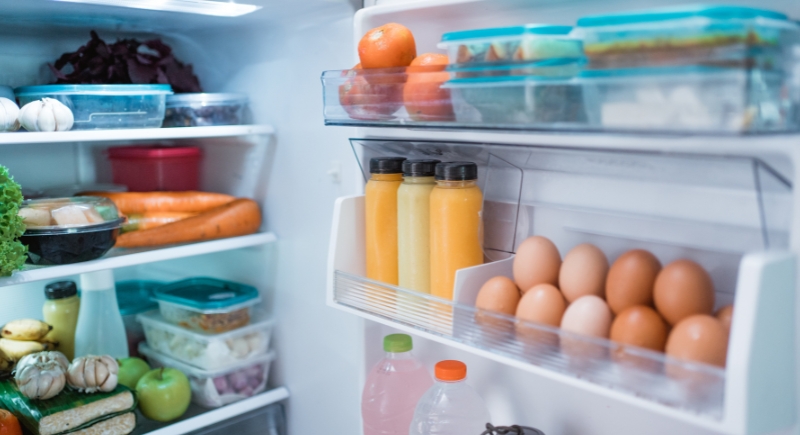The One Pantry Habit Boomers Have That Drives Millennials Crazy
If you’ve ever opened your parents’ fridge and felt overwhelmed by how much food they’ve packed into it, you’re not imagining things. Staying with Boomer parents often feels like moving into a grocery store where every inch of space is filled, the freezer barely closes, and there are multiple open jars of mayonnaise.
For Millennials, it can feel excessive with three kinds of butter, several loaves of bread, and enough frozen meat to last a season. But for Boomers, this isn’t just about abundance. It’s a deeply ingrained habit shaped by years of wanting to be prepared for anything, a mindset built from thrift, security, and the memory of running out of things when it mattered.
The Full Fridge Philosophy

Image via Canva/Odua Images
Boomers grew up in households where food meant security. Many of their parents were part of the Silent Generation, who had lived through the Great Depression and wartime rationing. Food scarcity shaped their sense of comfort. According to the Library of Congress, by 1932, one in four Americans was unemployed, and hunger was common.
During World War II, ration cards controlled access to essentials like sugar and meat. To the generation that followed, a well-stocked fridge meant safety. Seeing milk, bread, and butter in abundance became a visual reminder that life was stable again.
Millennials often tease their parents for hoarding groceries, but those habits also developed for practical reasons. In the decades before 24-hour supermarkets and food delivery apps, shopping trips required planning. Many families lived in rural or suburban areas, where stores were miles away and closed early.
Stocking up reduced fuel use, saved money, and ensured there was always enough on hand. For working-class households, it became a financial strategy to buy at discounted prices, freeze what you don’t need immediately, and waste nothing. This approach has been described as the foundation of a food system built on thrift and discipline.
Food isn’t discarded because something newer arrived. Boomers also lived through economic shocks such as inflation in the 1970s and the 2008 recession. Keeping shelves full became second nature
The Modern Pantry Divide
Millennials approach groceries differently. They prefer smaller quantities, fresher produce, and convenience. Grocery delivery apps and neighborhood stores make frequent restocking easy. To them, an overfilled kitchen means wasted food and clutter.
Yet, recent years have shown how quickly scarcity returns. During COVID-19, many young adults stocked up on nonperishables for the first time, realizing why their parents never let supplies run low. Deep freezers and bulk rice quietly became part of Millennial households, too.